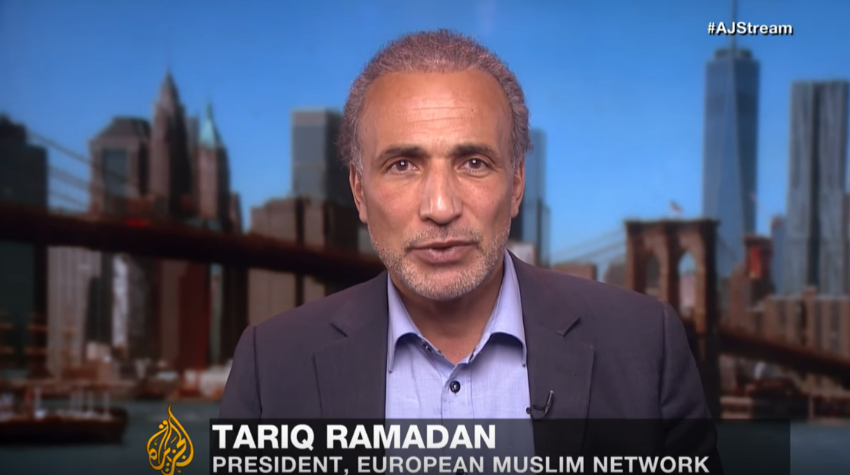What I Believe September 22, 2009
«What I Believe Tariq Ramadan. Oxford Univ., $12.95 (160p) ISBN 978-0-19-538785-8
Ramadan, a professor of Islamic studies at Oxford University and author of many thoughtful books on modern Islam, sets the record straight in this deliberately brief, sensible and accessible book that rebuts what he sees as distortions of his thought and unfair criticism. Ramadan was barred from entering the U.S. to teach when his visa was revoked in 2004. He advocates for a modern approach to Islamic interpretation, updating—but not snubbing—the classical. He recounts how his early days of teaching in Switzerland crystallized his feeling that solidarity between diverse communities is key, and includes a touching account of his relationship with a student who died of a drug overdose. His insights into the Israel-Palestine conflict are a refreshing change from the established back-and-forth on that issue. While Ramadan delves deeply into such detailed theological-sociological issues as the treatment of Muslim women, his most staunch assertion is basic: one can be both a citizen of the West and a Muslim without conflict. What I Believe is not just a summary of Ramadan’s own views but a primer on modern Western Muslim life. (Oct.)



![PALEXPO : Democratic Engagement & Justice for Palestinians [08/07/2017]](https://tariqramadan.com/english/wp-content/uploads/sites/9/2017/07/Palexpo.png)
![Bristol Festival of Ideas : Conversation with Julian Baggini [24/05/2017]](https://tariqramadan.com/english/wp-content/uploads/sites/9/2017/06/bristol.png)
![Interview on BBC Radio Ulster [06/06/2017]](https://tariqramadan.com/english/wp-content/uploads/sites/9/2017/06/p03nnqlv.jpg)
![Interview on BBC 4 : What do the London attacks have to do with Islam? What is the Muslims’ responsibility?[06/06/2017]](https://tariqramadan.com/english/wp-content/uploads/sites/9/2017/06/bbc.jpg)


“what he sees as distortions of his thought and unfair criticism.” and indeed, having just watched a program on French TV I see how hard it is for Tariq to be heard for what he is really saying, seen as he really is(after 8 minutes of debating ideas, the man was “juged” for what he “is”). How can a man judge another in the first place?
I travelled all my life and I saw that no matter where we go, even when we speak the same language and are intellectuals, able to express our ideas, thoughts, feelings… we cannot be heard fully. It was my experience too, until I came upon this book by Marshall Rosenberg: Non Violent Communication. That was 2006.
Since then, it is desarming to see how we can hear one another, how, beyhond ideas, cultures, religious beleifs,… there is a place we can meet and understand each othe, A place within each man where we can truly respect one another, and enjoy each other’s presence. A place from where we can have a dialogue that mutually helps us grow. A dialogue of “power with” as supposed to “power over”. A dialogue with compassion that leads to deep understanding, trust and cooperation.
Danielle (Frankfurt, Germany)
Very interesting the Rosenberg’s little book … but no so easy to improve…
Joli message, Danielle. Merci.
Marie